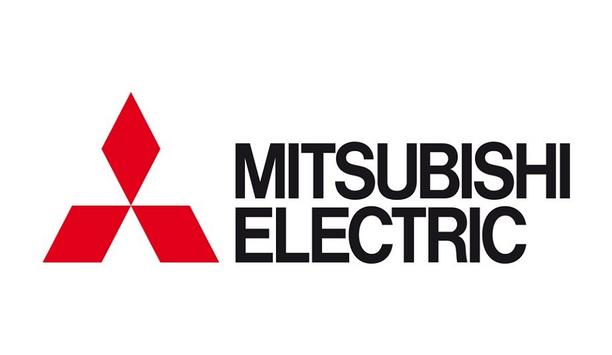The emphasis on sustainable processes has never been greater than in today’s marketplace. Environmental conservation must be considered in every phase of appliance design and in every step of the product lifecycle.
Product designers use sustainable materials to limit carbon footprint, efficient and reliable components are chosen to reduce environmental impact during product operation, and, after the end of a product’s useful life, responsible companies must even plan for recycling and disposal.
TE Connectivity’s Industrial Technology Index, a survey of global companies focused on the innovation culture of engineers and executives, showed that innovation and sustainability are business priorities for most engineers and executives alike. Sustainable practices are now being integrated early in the innovation process, providing more opportunities to limit the environmental impact of new products.
 |
| Sustainable design considerations throughout the product life cycle |
Sustainable Design Considerations
TE’s connectors play a vital role in enabling the safe, reliable and efficient interaction of a wide variety of essential components. A growing emphasis on sustainable practices has compelled the team to develop sustainable products for various types of equipment. Designs for sustainability replace virgin materials that have large carbon footprints with recycled or renewable, biological-based alternatives.
Designs for sustainability replace virgin materials that have large carbon footprints
Likewise, efficiency improvements during manufacturing, as well as more reliable, energy-saving connector designs, further limit the environmental footprint of these products. TE’s cluster block products, used for compressor applications like air conditioners, heat pumps, and refrigerators, have been redesigned with this sustainability in mind. These innovative products will help enhance the reliability of compressors, while reducing energy consumption and minimizing carbon footprint.
Enhanced Safety, Performance and Productivity
Reducing the temperature of connectors in operation results in less wasted energy. This can improve the performance of the compressor which translates to better appliance efficiency.
The sustainable cluster block achieves this goal with an additional contact beam, shown in Figure 2, that minimizes electrical contact resistance, optimizing the energy transmission, reducing temperature rise and providing the required connection. Additionally, the innovative lead-in alignment feature, illustrated in Figure 3, helps to error-proof the connection, improving safety as well as productivity of automated assembly processes.
 |
| The sustainable cluster block achieves this goal with an additional contact beam |
Potential health hazards
The cluster block uses a renewable, plant-based material (Figure 4) that can be sustainably produced with minimal impact to the environment.
This high-performance material meets the stringent International Electrical Code (IEC) with flammability ratings tested to UL 94 V-0, CTI 600V and GWEPT 750°C (1380°F) no flame requirements. Made up of 50% castor bean oil, the material is halogen-free which further limits the potential environmental impact. This material reduces the carbon footprint by more than 45% during production, use and disposal while also eliminating potential health hazards.
 |
| Conversion of renewable, plant-based material into halogen-free, flame-resistant resin for the cluster block housing |
Minimizing environmental impact
TE’s new cluster block (Figure 5) was designed to minimize environmental impact by reducing consumption of natural resources, minimizing waste and promoting renewable energy. To mitigate climate change, the cluster block connector features 19% lower plastic usage and 26% lower metal usage, when compared to legacy connectors (Figure 6).
 |
| The cluster block connector features 19% lower plastic usage and 26% lower metal usage |
The sustainable cluster block will help TE contribute to maximizing the safety, performance and sustainability of compressor applications. This technology is a key step in meeting the growing demand for cost effective, environmentally friendly solutions that are compatible with modern automated assembly processes. As the appliance industry continues to evolve, sustainable connector designs will undoubtedly play a key role in shaping the future of compressor applications and beyond.















